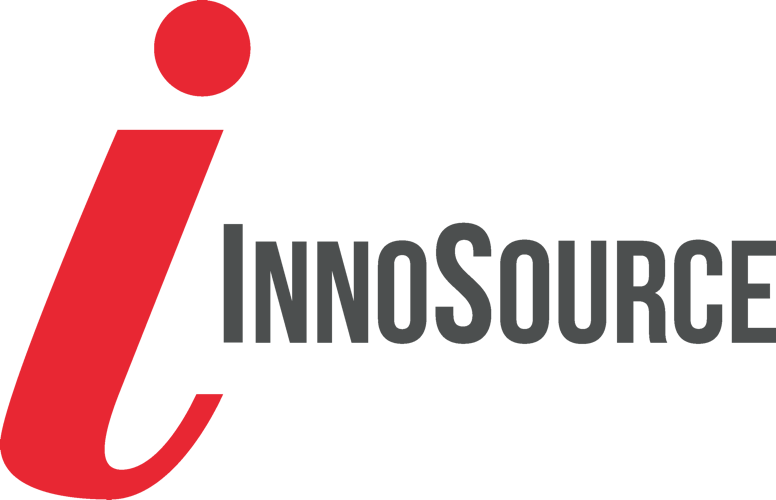
The world has changed. The way your company hires should, too.
The labor market is tight — as every businessperson in the United States knows. A recent Reuters report showed that, even though some sectors have cut positions, there are still two openings for every unemployed person. Another recent article reported that, in a study of talent acquisition leaders, 83 percent said hiring has risen from a HR-level priority to a business-level one.
Getting the right people in the right positions has never been more important, and it’s maybe never been more difficult.
I’m not saying I have all the solutions. I am a numbers person, though, and I happen to work in the staffing industry. I’ve looked at the costs from a lot of different angles, and I can confirm what most hiring managers already know: Hiring is expensive. Recruitment is costly with the rising cost of job boards and the time it takes a recruiter to identify a quality candidate. Getting a new employee up and running isn’t cheap, not just because of the time a company devotes to training, but because of the start-up costs associated with bringing a new employee on board with pay, payroll taxes and benefits.
Pre-pandemic, the kind of talent that fills call centers or handles customer service was largely seen as a commodity. Companies might use vendors to source candidates, then identify the cheapest possible candidate with the necessary skills or experience. But we don’t live in a pre-pandemic world, and businesses need to change the way they approach this business-critical need.
Hiring needs to be strategic, thoughtful, and interactive. And even though I’m biased, because my work is all about numbers, I think there’s no more cost-effective way to do that than to partner — like, really partner — with a trusted company that has the expertise and systems in place to identify the right candidates for the right jobs. Some companies, mine included, can even alleviate some of those costs to get a new employee on board, by managing or providing the benefits and payroll that cover a new hire’s compensation package.
Hiring has changed, and that could be a good thing. It isn’t a company’s best interest to think of its people as a commodity anymore. Treating employees like the important business-level priority they are will certainly aid in retention. But on a granular, process-based level, thinking intentionally about the mechanisms of how your company identifies and sources talent could not only bring you a better candidate pool, it will likely save you money.
—Steve Smith, CFO, InnoSource

